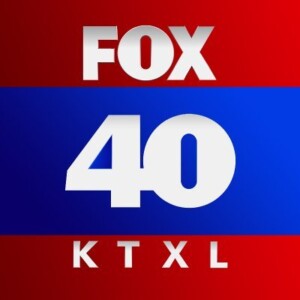
The broadcast network affiliates want the FCC to “clarify” that its new enhanced sponsorship ID rules for foreign-owned government-supplied programming does not apply to long-form advertising (infomercials). The FCC in April voted to boost broadcasters’ disclosure requirements for programming on airtime leased by a foreign entity. The move comes amidst heightened focus on disinformation campaigns and despite some pushback from broadcasters, who argue the FCC is adding regs to an already overregulated service.
FCC Issues Reminder On Sponsorship IDs

Last week, the FCC’s Enforcement Bureau issued an advisory reminding broadcasters about their obligation to provide sponsorship identification information to their audiences whenever they receive something of value in exchange for airing any programming. It also highlighted two other issues: (1) that broadcasters have an obligation to exercise reasonable diligence to make sure that any third-party program providers also include sponsorship identification when they are paid to include material in programs that they provide to the station and (2) the FCC can impose substantial fines on stations that do not live up to these obligations.
If The FCC Fines You Once, Don’t Do It Again

The FCC this week issued a Notice of Apparent Liability proposing a $233,000 fine to Cumulus Media for violations of the sponsorship identification rules. The fine illustrates not only how seriously the FCC takes its sponsorship identification rules (particularly in the context of political and issue advertising) but also the how aggressively the FCC can act for even the slightest violation of a consent decree involving a prior violation of its rules.
In recent weeks, we’ve written about a number of legal issues that need to be considered in connection with podcasting. Another issue is sponsorship identification. Broadcasters are familiar with the FCC requirements for the identification of those who provide something of value to a station in exchange for any on-air content. While the FCC does not regulate podcasting, those issues cannot be ignored even in this online medium.
End Discriminatory Regs Against Broadcast

Sinclair Fine Highlights Sponsorship ID Issues
While the FCC’s proposed fine of $13.4 million against Sinclair Broadcast Group is large given the thousands of alleged broadcasts missing the sponsorship tags, the commission’s basis for the fines are not new. The FCC has previously fined stations for news segments that were sold as part of a commercial package and aired without sponsorship identification tags.
The $13.4 million notice of apparent liability is for its airing of paid programming that did not include proper disclosures when broadcast. Sinclair says it will contest the fine.
$500K Political Ad Fine Cause For Concern
 Last week, the FCC’s Enforcement Bureau bragged it had fined Cumulus Media $540,000 for a violation at one of its New Hampshire radio stations where full sponsorship identification announcements were not made on issue ads. The commission said it is “the largest payment in FCC history for a single-station violation of the commission’s sponsorship identification laws.” There are several reasons why political advertisers, broadcasters and the FCC should worry about this development.
Last week, the FCC’s Enforcement Bureau bragged it had fined Cumulus Media $540,000 for a violation at one of its New Hampshire radio stations where full sponsorship identification announcements were not made on issue ads. The commission said it is “the largest payment in FCC history for a single-station violation of the commission’s sponsorship identification laws.” There are several reasons why political advertisers, broadcasters and the FCC should worry about this development.












































